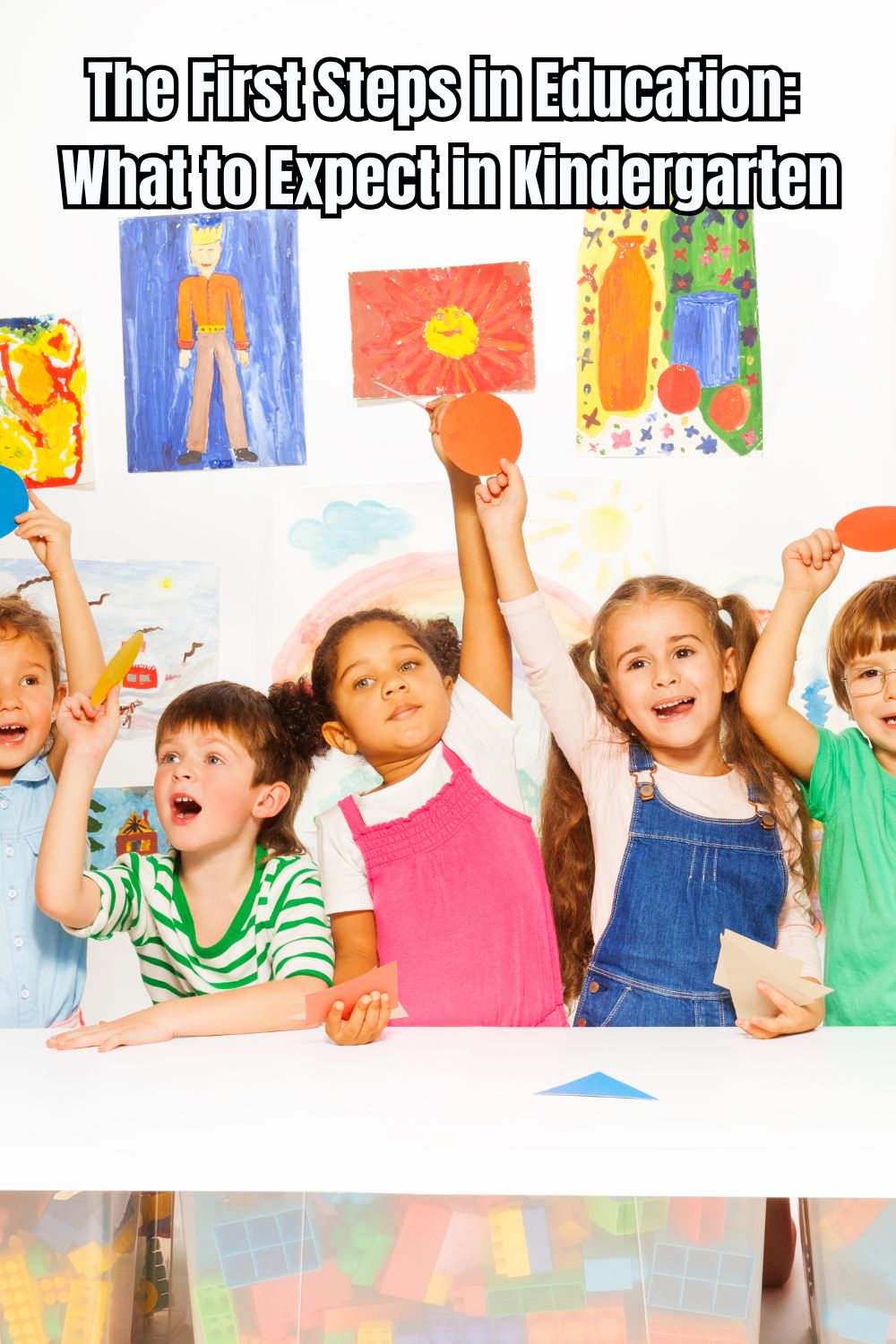Learn what to expect in kindergarten and the vital skills children will develop during these formative years.
The First Steps in Education: What to Expect in Kindergarten
The early years of a child’s life are critical for brain development, laying the foundation for how they learn, think, and engage with the world. During this stage, children start to develop key skills in language, motor coordination, emotional regulation, and social interaction. It’s no exaggeration to say that the experiences they have during this time—both at home and in school—can have a lasting impact on their overall growth and future success.
Recognizing the importance of early development, many education systems, including Singapore’s, place a strong emphasis on early childhood education to ensure children establish a solid foundation from the very beginning. The curriculum for Kindergarten in Singapore, especially in Kindergarten 1, plays a pivotal role in this process. Kindergarten 1 provides a structured yet nurturing environment where young learners can develop foundational skills through play, exploration, and guided activities. These experiences not only support early literacy and numeracy but also foster independence, creativity, and the development of healthy social habits.
As a parent, understanding what takes place in a Kindergarten classroom is key to supporting your child during this important stage of development. In this article, we’ll explore what you can expect from a typical Kindergarten 1 program and how it helps lay the groundwork for lifelong learning.
A Varied and Engaging Daily Routine
Each day in Kindergarten is thoughtfully designed to offer a balanced mix of activities that keep children engaged and enthusiastic about learning. From independent tasks like creating their own artwork to group activities such as relay games, children take part in diverse learning experiences that promote active participation. This variety ensures that every child can thrive in an environment that supports their individual learning style—whether they learn best through hands-on exploration, listening, or visual engagement.
This dynamic routine also supports the development of key executive function skills, such as sustaining attention, following instructions, and transitioning smoothly between activities. By participating in a structured yet flexible schedule, children begin to build a sense of routine and responsibility—skills that are essential for success both in school and in everyday life.
Theme-Based Learning
Kindergarten 1 classrooms often use theme-based learning to connect different subjects in meaningful ways. Themes may focus on topics such as the self, the community, or the natural world. Each theme provides opportunities for children to engage in a variety of activities—from storybooks and music to simple science experiments and creative art projects. By exploring one theme at a time, children not only deepen their understanding of key concepts but also begin to see how different areas of learning are interconnected.
For example, during a nature-themed unit, children might learn about different animals in language lessons, observe plant growth during basic science activities, and create nature-inspired artwork in art class. This holistic approach to learning nurtures curiosity and reinforces the idea that knowledge is interconnected, giving your child a richer, more comprehensive understanding of the world around them.
Learning through Play
Play is one of the most effective and natural ways for young children to learn. In Kindergarten , both structured and unstructured play activities are used to help children develop essential cognitive, social, and emotional skills. Whether building with blocks, engaging in imaginative play, or solving puzzles, children practice problem-solving, teamwork, and resilience—all within a fun and low-pressure environment that encourages exploration and growth.
Play-based learning also nurtures creativity and self-expression. When children are given the freedom to imagine, create, and explore, they strengthen their ability to think critically and innovate. These skills are essential as they begin to interpret the world around them and make sense of new experiences in meaningful ways.
Focus on Collaboration and Leadership
Even at a young age, Kindergarten 1 is an ideal time to begin developing foundational leadership and teamwork skills. Through group activities such as building with blocks, discussing a picture book, or playing games, children learn how to express their ideas, listen to others, and take turns. They may also take on simple responsibilities—like helping a friend, distributing materials, or tidying up a play area—which help foster a sense of accountability, cooperation, and growing self-confidence.
Specialist Lessons
In addition to core classroom activities, Kindergarten 1 students often attend specialist-led lessons in subjects such as art, music, physical education (PE), and even swimming. In music class, for example, children may begin to recognize rhythm or play simple instruments, often through early childhood methods like the Suzuki approach, which emphasizes listening and repetition. Meanwhile, PE and swimming lessons help children develop physical coordination, build strength, and gain confidence in their bodies and abilities.
Many international Kindergarten 1 programs also introduce bilingual language learning. At this early stage, exposure to a second language helps strengthen listening skills, enhance memory, and lay the groundwork for cultural awareness and effective communication in later years. Together with subjects like music, art, and physical education, these specialist lessons enrich your child’s overall development while also helping to uncover new interests and talents.
Creative Spaces for Exploration
Kindergarten classrooms are often designed to foster creativity and interactive learning. Your child may have access to a range of creative spaces, such as an indoor gymnasium for active play or a makerspace equipped with various crafting materials. These environments encourage children to engage their senses and imaginations, promoting problem-solving and fine motor skills. As they experiment with different materials, they learn how to tackle challenges, work through frustrations, and celebrate their successes.
Kindergarten marks a significant milestone in your child’s development, and it’s also a valuable opportunity for you as a parent to grow alongside them, celebrating each small achievement. Staying connected and actively involved at this stage helps create a strong link between home and school, fostering an environment that nurtures your child’s confidence, curiosity, and love for learning from the very start.

Leave A Reply!